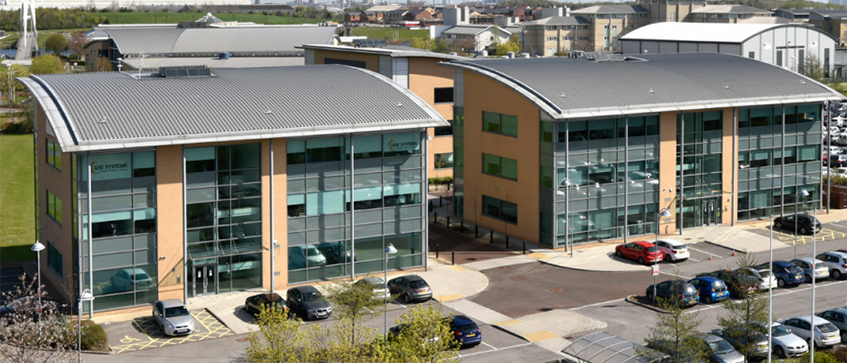M7’s £300m “Brexit resilient” IPO plan
M7 Real Estate is lining up its prospective £300m IPO for the start of October in the latest sign of the institutionalisation of the light industrial sector.
The UK-focused vehicle, which would also have exposure to regional offices as well as selective retail opportunities, already has a pipeline of around £500m identified including a seed portfolio. The company would have gearing of 35%-40% and M7 would be its external manager.
Around half of this is from existing M7 assets under management and the rest would be fresh acquisitions. In the UK, M7 currently manages a series of its own funds as well as asset managers for the likes of Goldman Sachs and Oaktree Capital Management.
M7 Real Estate is lining up its prospective £300m IPO for the start of October in the latest sign of the institutionalisation of the light industrial sector.
[caption id="attachment_842530" align="alignright" width="200"] Richard Croft[/caption]
The UK-focused vehicle, which would also have exposure to regional offices as well as selective retail opportunities, already has a pipeline of around £500m identified including a seed portfolio. The company would have gearing of 35%-40% and M7 would be its external manager.
Around half of this is from existing M7 assets under management and the rest would be fresh acquisitions. In the UK, M7 currently manages a series of its own funds as well as asset managers for the likes of Goldman Sachs and Oaktree Capital Management.
However, the REIT that it is planning to establish is not a certainty and different structures with backing from its different capital partners, which is understood to include the Kwok family, are also being explored. Barclays and Akur Capital are advising M7.
Chief executive Richard Croft says: “We are not certain yet but we are considering it actively.
“It is very much our intention to see if we can make this structure work but we accept the capital markets are vague and change so it is just one of a number of strategies we are looking at.
“Right now it is our preferred route and it is more likely than not but that may change.”
The vehicle would target a dividend yield of 6-8% and with depleted returns within the world of fixed income, Croft says such a company should present an attractive opportunity to investors.
“There is an awful lot of money to be invested in UK assets because of sterling-related issues,” he adds.
“A lot of foreign capital is coming to the UK and a lot of UK capital has to stay in the UK because the parity of the euro means Europe is less attractive for sterling investors.”
Croft was a staunch remainer prior to the Brexit vote and he says his position has not changed, despite some benefits for M7, which receives the majority of its income in euros.
“We have approached the UK with some degree of caution due to Brexit,” he says.
“My position on Brexit is stronger than ever – I think it is a disaster for the country in terms of its social impact. I am very concerned about London, where I think the occupational market may be hit very badly, far more so than the regions.
“We are still the sixth-largest economy in the world and there is still demand to invest and manage portfolios that will be uncorrelated to the impact of Brexit through buying high-yielding assets below construction cost that has substantial credit risk diversification.”
M7 is not a pure play light industrial specialist any longer – about 35% of its AUM, totalling around €1.5bn, are offices and retail – but since its establishment in 2009 it was an early proponent of the once-unsexy sector.
Other investors are now noticing the trend and this has had an impact on pricing, especially in the UK. As a result, Croft does not expect the dramatic uplifts in value seen in the past few years and predicts more core and core-plus cash will come into the sector.
M7 is also adapting to this by reducing the gearing of much of its portfolio down to below 50%, whereas historically it has been as high as 75%.
“I think more core capital will come in. We want to de-risk our portfolio and reduce gearing and focus on income distribution. High gearing over the past few years has been a good bet because of yields compression but we think yield compression is going to be limited moving forward,” says Croft.
“The whole sector is still underpinned by strong occupier demand that produces these income streams.
“Light industrial has become a centre for last-mile delivery and click-and-collect points as people can’t park in town centres, but that is incremental to all of the historic types of demand for light industrial.
“A lot of light industrial has also been demolished to make way for higher-value uses such as retail and residential and that in turn keeps pricing buoyant.”
To send feedback, e-mail david.hatcher@egi.co.uk or tweet @hatcherdavid or @estatesgazette











